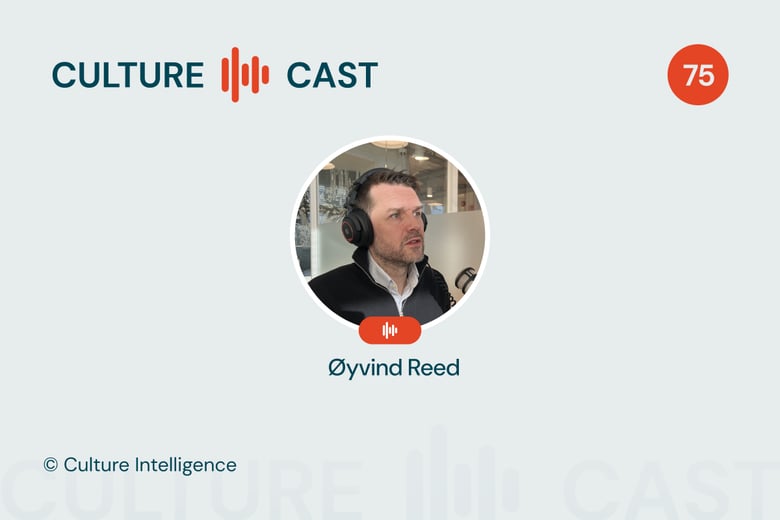Culture has an impact on attitudes and communication and is a driver to how we relate, innovate and make decisions. It is personal. It lives in people. It changes when people change, and when new people come into the team.
Strategy is a chosen direction of a company. It provides clarity in shared goals and paints a picture on what we are trying to achieve together. It has an ambition to impact priorities and decisions people make. It is not personal. It does not change if people change or when new people come into the team.
The coexistence between the two is obvious, a company needs both direction and alignment. The point is, though, that companies normally have a process and well-defined plan for the strategy, but not for the culture. The executive team has spent days discussing and crafting it. It gets communicated and implemented and measured.
By not having a process and plan for the culture, people act on their individual values. It does not mean that isn’t good, personal values may fit very well with the strategy. But it may also not fit so good. The personal values may be a block to what you are trying to achieve, a derailed, or even a resistor. I guess that was Druckers point.
When culture is designed consciously, it supports the strategy. The aspired culture is carefully put together to mobilise the personal values that are needed the most to match your strategy. If you have an innovation strategy, you want more agility, innovation and risk taking. If you have a safety strategy, you want safety, responsibility and discipline. With an aspired culture, people will know what kind of values to put into action. The culture will drive the strategy. Makes it successful. Engage the people to achieve something great together. How about this for the next executive strategic meeting?
Culture does not block your strategy if you don’t let it. Leaders must replace the resigned attitude and old statement about “culture and the breakfast” with a radical new approach: We can no longer leave culture to chance, what would an aspired culture look like for us?



